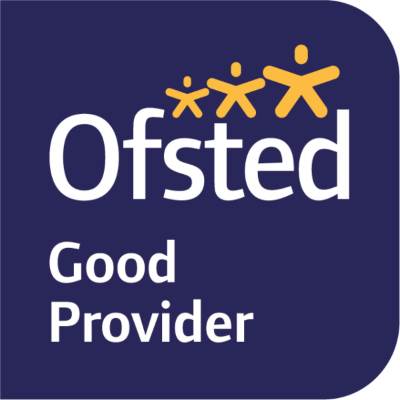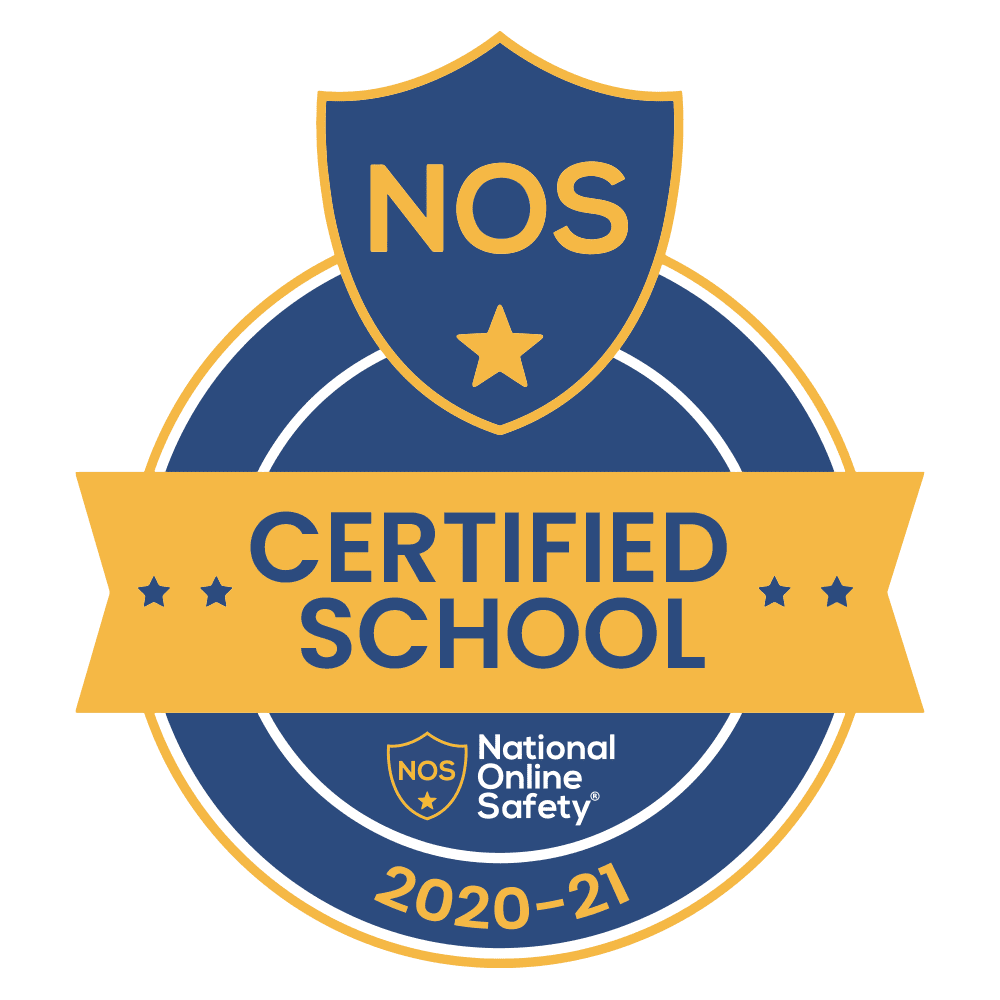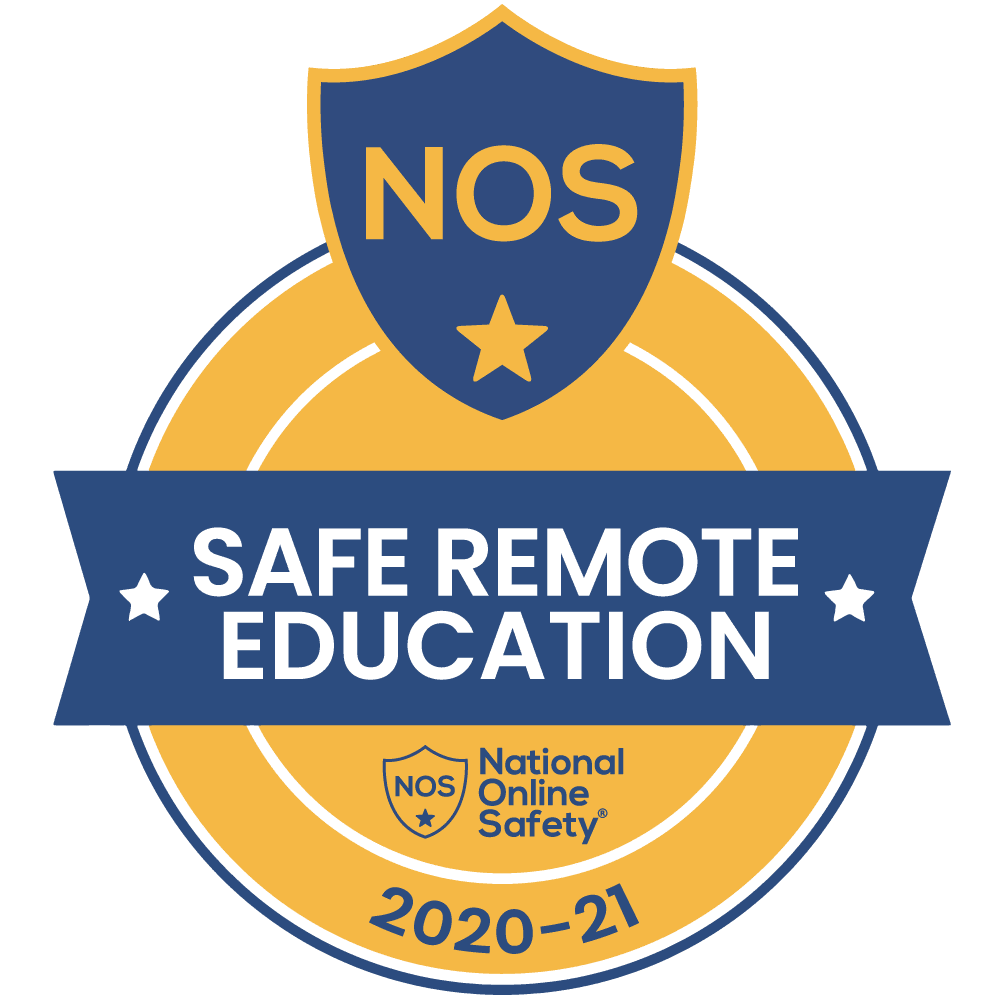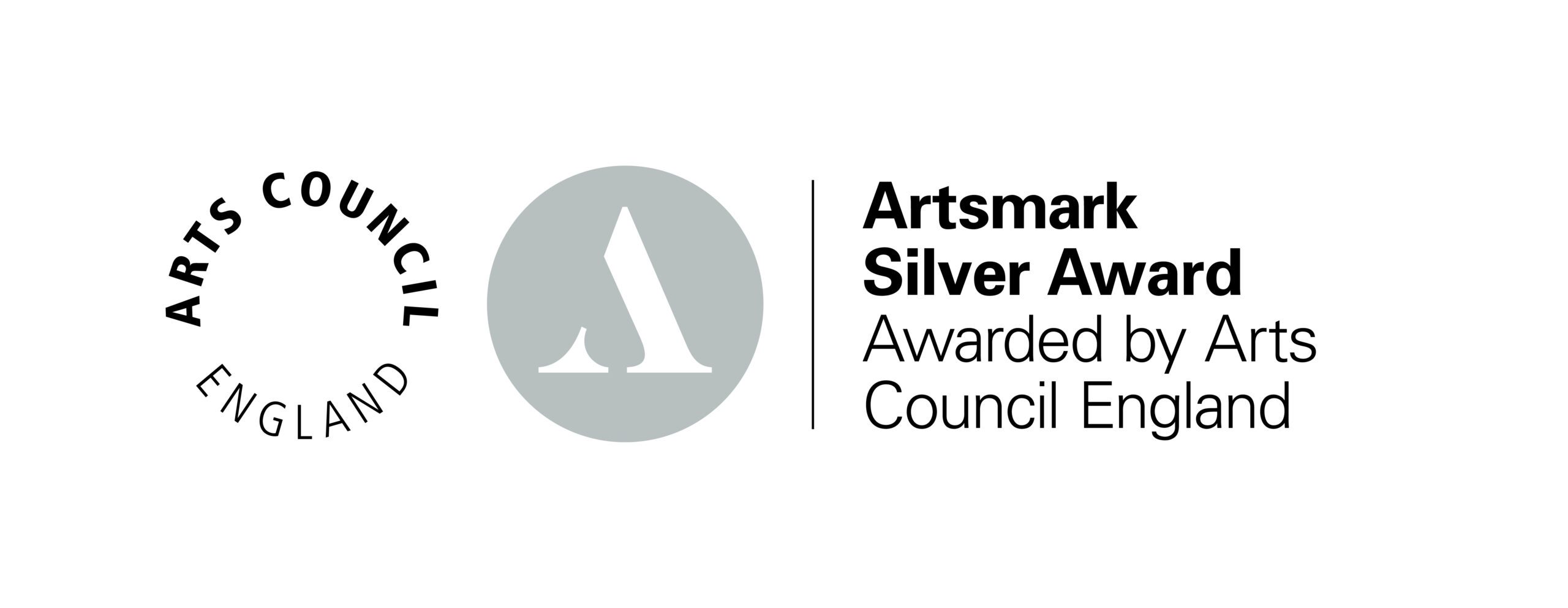Pupil premium
Pupil premium is additional money delegated to the academy and is matched to the number of pupils who are eligible for free school meals and who are children of service families. At Bracken Lane Primary Academy we use our funding for a range of purposes suited to the individual needs of our children.




